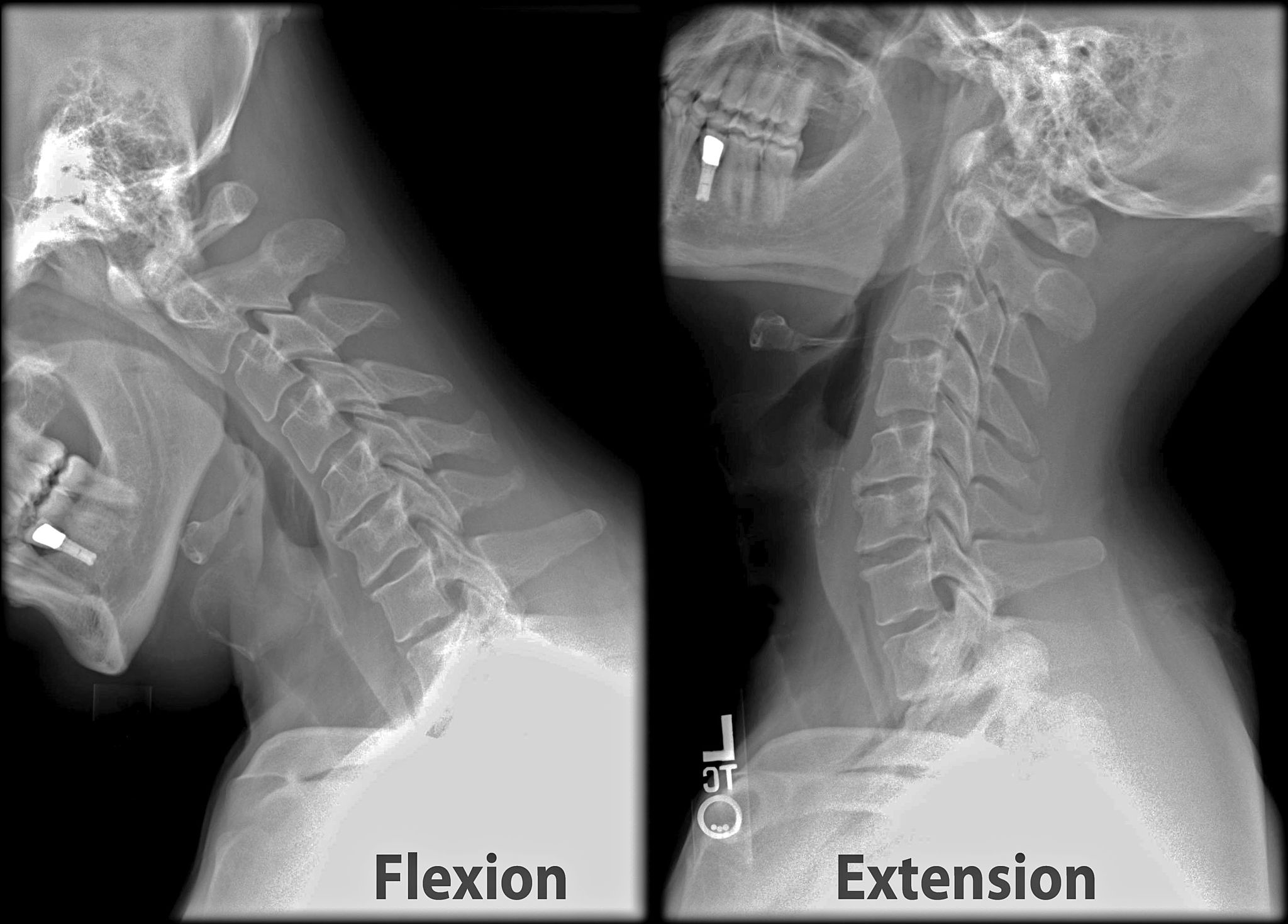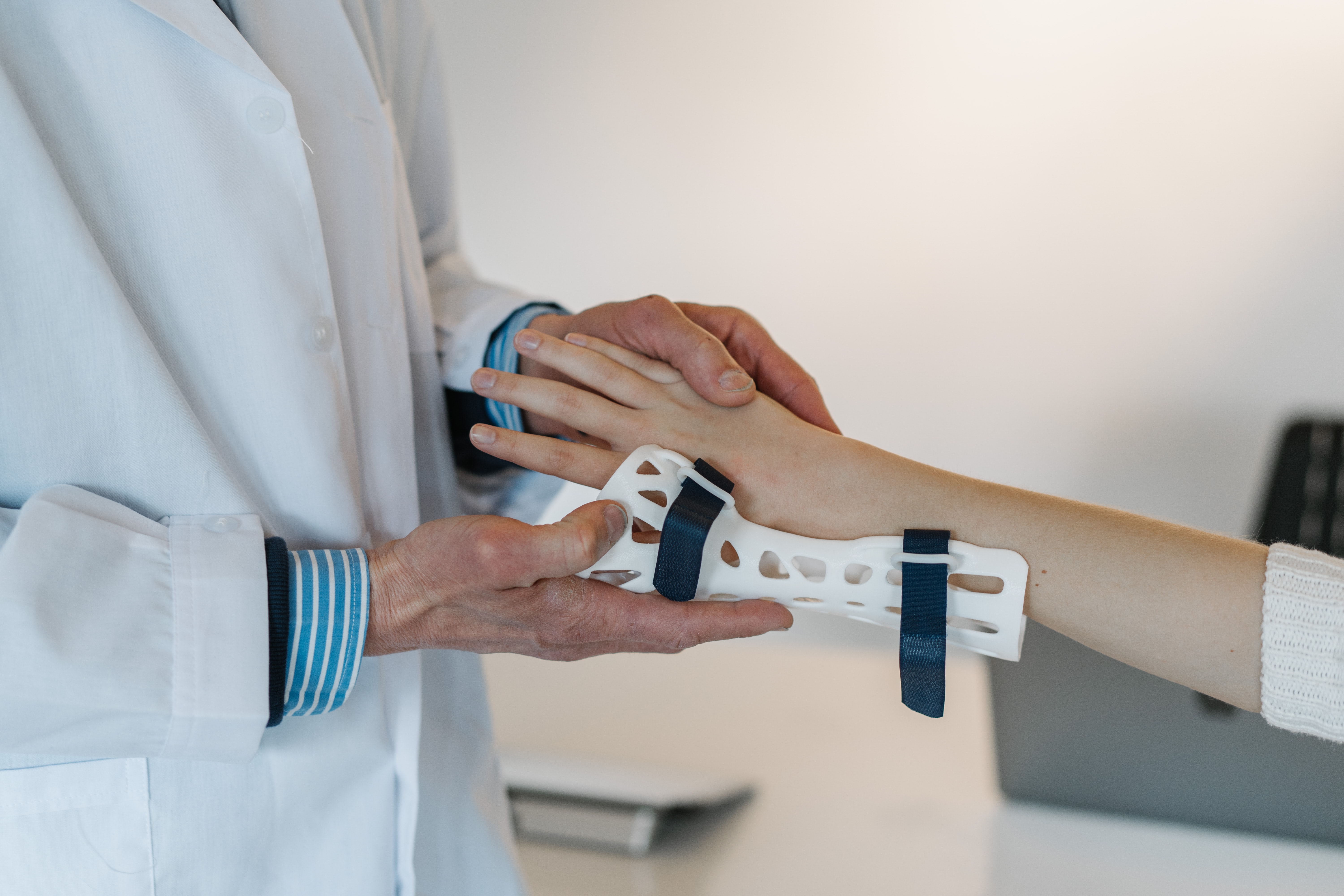Medical documentation is an absolutely essential part of personal injury claims because it connects the dots between the victim’s authentic experience and the evidence needed to win a legal case.
Whether it was a minor slip at work or a multi-vehicle car crash, when it comes to personal injury claims, having strong evidence can make or break your case. One of the most essential pieces of evidence is medical documentation. These records serve as proof of the injuries you sustained, the treatments you required, and the recovery process. They’re often the foundation of a successful claim, and they also influence the amount you’re awarded. Here’s a closer look at why medical documentation is so critical and how it affects your case.
Why Medical Documentation is Essential
When you file a personal injury claim, you need to be able to prove that your injuries were caused by the accident itself. This is the main reason behind medical documentation: to establish the connection between the incident and your injuries. The records verify that the injuries you’re claiming to have suffered are not just real, but they demonstrate how serious they are. Medical documentation from an accident injury doctor is invaluable to your legal team as it helps you build a stronger case.
Types of Medical Records You Need
Not all medical records carry the same weight in a personal injury claim. There are different types of documents which each provide another angle into your injuries and the impact of the accident on your life. Generally speaking, these are the main types of documents you should gather:

- Emergency room records: If you received immediate medical attention post-accident, ER records will be your initial proof of injury.
- Specialist consultation records: Consultations with specialists provide a deeper understanding of specific injuries.
- Tests and results: It’s important to keep diagnostic tests like X-rays, MRIs, and CT scans to substantiate injuries.
- Treatment plans: Keep records of treatment, like physical therapy, medications, surgeries, and other steps you took to help your recovery.
- Follow-up notes: Follow-up visits track the progress of your recovery and can reveal complications or long-term issues resulting from the accident.
Together, these records create a timeline of your medical journey that’s almost impossible to refute. They paint a detailed picture of how the accident has affected you physically and financially.
How Medical Documentation Impacts Compensation
Comprehensive medical documentation isn’t just about supporting your claim. It can seriously affect the amount of compensation you’re awarded, too. For example, records that show complications, chronic pain, or long-term disability can lead to higher compensation because they demonstrate the ongoing impact of the accident on your life. A well-documented injury can also strengthen your claim for non-economic damages, like pain and suffering. They serve as clear evidence of how your day-to-day life is affected, from a professional’s point of view.
Endnote
Medical documentation is an absolutely essential part of personal injury claims because it connects the dots between the victim’s authentic experience and the evidence needed to win a legal case. From emergency room records to consultations with an accident injury doctor, make sure to collect your medical documents to add more credibility and clarity to your claim. Ultimately, this will give you the best shot of securing reasonable compensation.


Join the conversation!